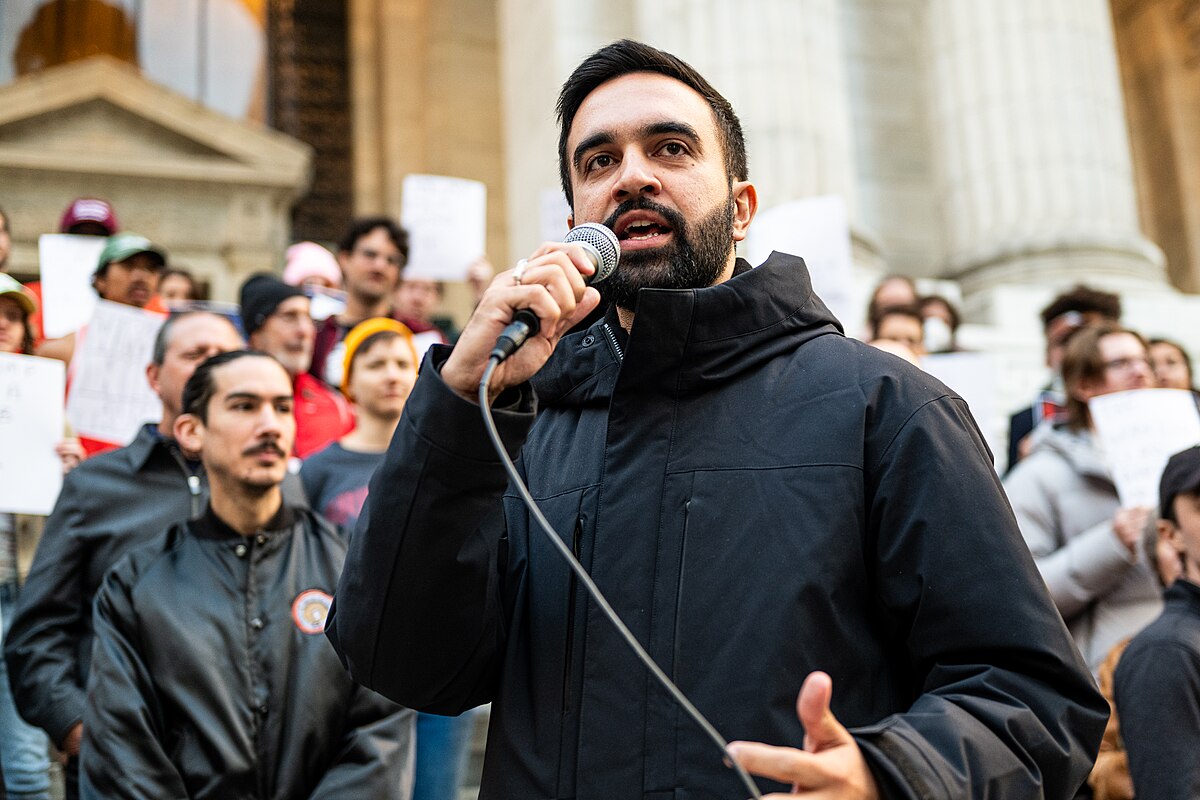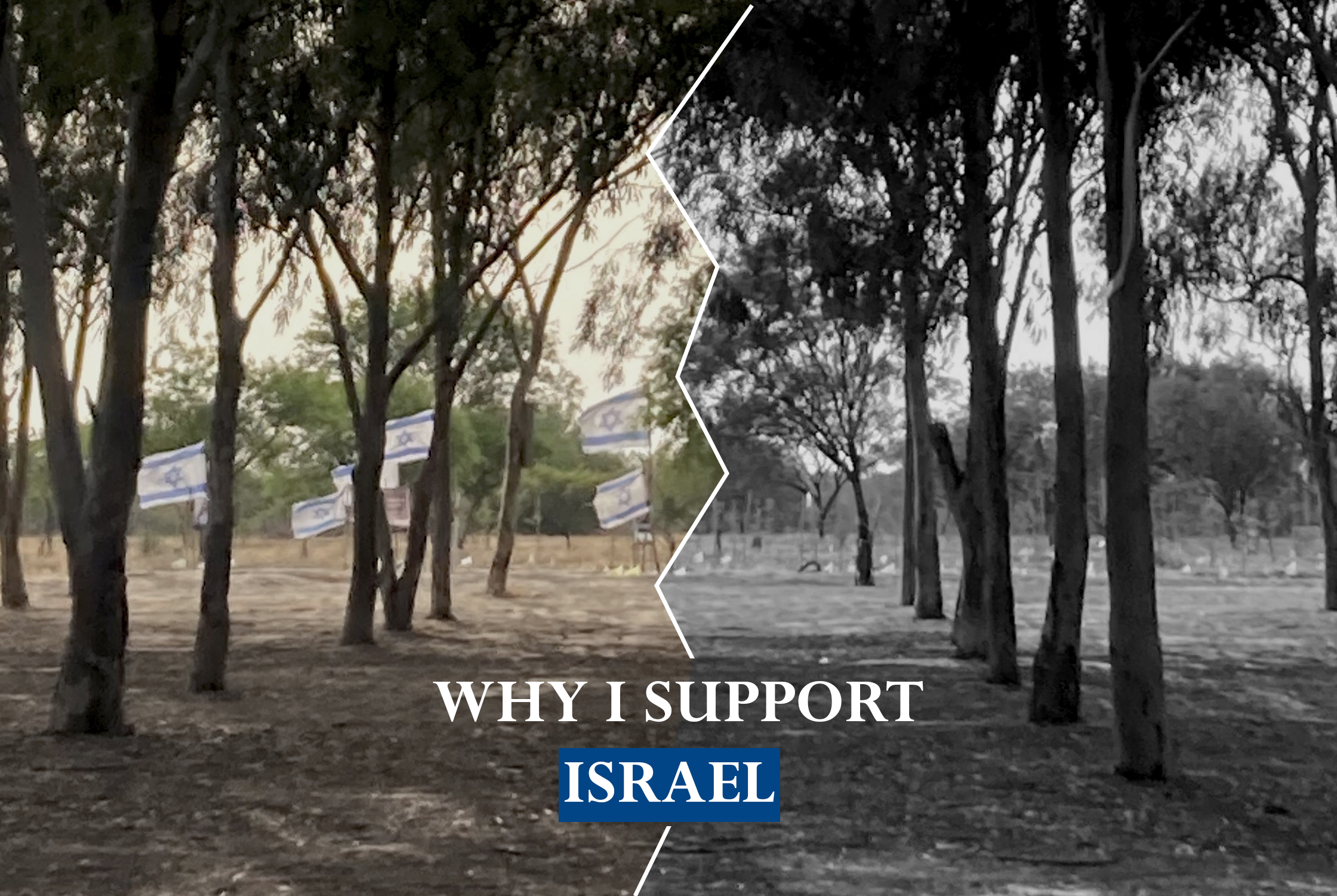Zohran Mamdani uses social media to promote an unrealistic political vision that resonates with young voters
Photo Credit: Wikimedia Commons
By: Bo Goergen
In the age of social media politics, Zohran Mamdani has emerged as Gen Z’s ideal candidate. His platform reads more like a child’s wish list than a serious plan to lead the nation’s largest city. However, that’s exactly what makes him appealing to a generation raised on instant gratification and online idealism.
Mamdani delivers his utopian platform with unflinching confidence and little explanation of how it would be funded. To his admirers, he’s a moral visionary; to his critics, he’s proof that the new left has traded practicality for idealist notions of a mechanical society where every desire is met through government handouts. In his world, governance consists of promises—the more generous the promise, the louder the applause.
Rent too high? Mamdani says he’ll freeze it; never mind every economist who says this will deepen the housing crisis.
Groceries too expensive? He promises to open government-run grocery stores (because, of course, the government is famous for efficiency and this idea has never failed elsewhere).
Transit too costly? He’ll make it free, and promise to make it faster.
Despite the absurdity of these proposals, critics often struggle to debate him on merit. When challenged, the camera-ready assemblyman smiles and offers yet another fantastical handout. Earlier this month, when a skeptical New Yorker questioned whether free fares will lead to overcrowding, Mamdani replied: “It can’t just be making [buses] free alone… you have to increase service alongside making it free.” In other words, the solution to an unrealistic solution is an even more unrealistic solution.
A 2022 Metropolitan Transportation Authority (MTA) estimate pegged the cost of fare-free buses at $778 million for fiscal year 2026. This already staggering figure does not include Mamdani’s promised service expansion, which would push the cost of his “free” busing idea past $1 billion. Ironically, the MTA is controlled by the state, not City Hall, meaning that, as mayor, Mamdani would have virtually no authority to enact his signature proposal.
This interview perfectly encapsulates his campaign: make an impossible promise, get questioned, double down with another, and flash a smile that can sell socialism on TikTok.
It’s no surprise that Mamdani’s base is not New York’s poorest—who overwhelmingly backed Cuomo in the 2025 primary—but rather young, college educated voters from gentrified corners of Lower Manhattan and Brooklyn. These are voters who’ve been promised the world on social media only to face a harsh reality upon graduating. They scroll past influencers living in mansions and flying private, then wonder why they can barely afford their $7 coffee.
Zohran’s platform is downright dangerous. He is attempting to win by convincing young voters that the impossible is possible, yet offers no plausible roadmap to do so while also keeping voters focused solely on the short term. A locally mandated rent freeze, for instance, might provide some short term relief to certain residents, but in the long term it will exacerbate the housing crisis through discouraging new development, reducing living conditions, and shifting costs onto unsubsidized renters. Yet, because many voters are drawn to the quick, feel-good nature of his proposals, they overlook the long-term consequences such policies would cause.
Social media breeds impatience and impracticality. It discourages taking the long, hard road of discipline and instead glorifies instant gratification. It makes its users question why they do not live the life of leisure propagated by content creators. It convinces them that fairness and equity mean having what others have. It draws the youngest voting demographic towards a man who offers to erase their frustrations through empty promises and charismatic smiles.
God said: ask and you shall receive.
Assemblyman Zohran Mamdani says in order to receive you don’t even have to ask.
Bo Goergen is a senior in the College studying political history and international relations. His email is rgoergen@sas.upenn.edu.




